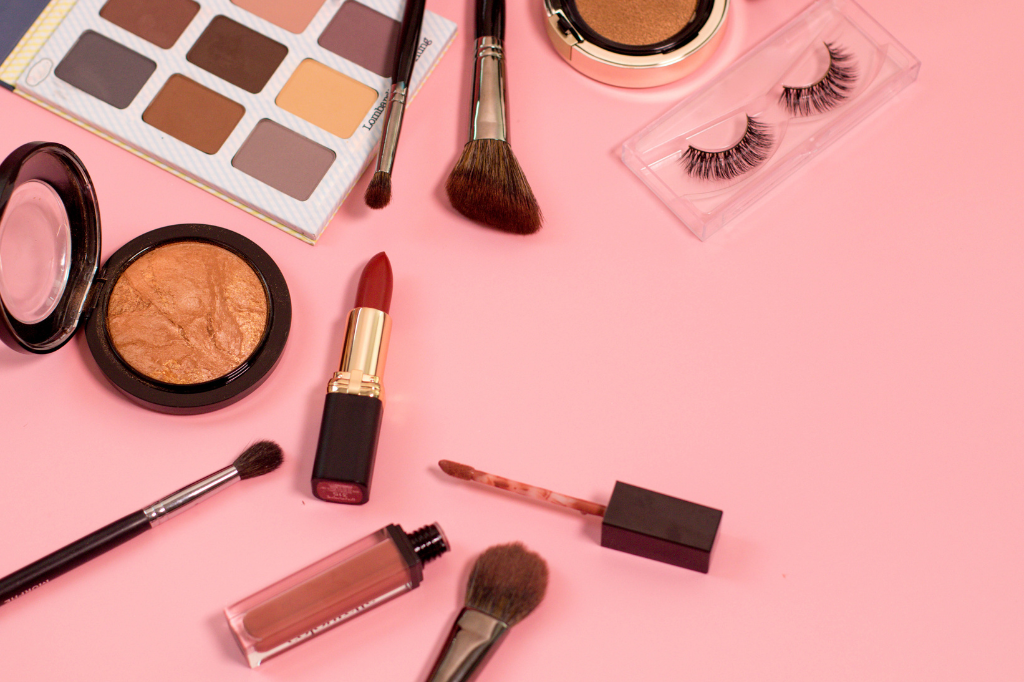The growing corporate world is finding harmony with the Make In India initiative today. However, the seed of this initiative was planted long ago. Lakmé, one of the leading cosmetic brands in the 1950s, exemplified the significance of domestically produced goods. It started as an idea to navigate through the economic difficulties of a budding economy and soon transformed into a prominent business.Back in 1952, The Tata Oil Mills had set up Lakme as its wholly owned subsidiary. However, after four decades, in 1996, the company was sold to Hindustan Unilever (HUL).
Lakmé Lever, a wholly-owned subsidiary of HUL, operates a chain of Lakmé salons that provide professional beauty services. With a presence in over 160 cities and almost 40 years of experience, there is a continuous need for innovation.
Expansion is a major priority for the company, so they are aiming to open two salons every week. Their Net Promoter Score is already extremely high at 90%, however, they want to push it even further by making sure their service standards are nothing but perfect. Therefore, we are cautious about the selection of franchise partners we work with. Our goal is to beautify the future, and the professional beauty industry is a highly lucrative business sector,” said Pushkaraj Shenai, CEO of Lakmé Lever.
Our company has an elaborate mapping procedure that allows us to provide our offerings throughout India including cities of Tier III and IV. In the past five years, the professional beauty market in India has seen quite a surge and there is boundless potential within Tier III and IV towns. These cities heavily embrace trends and innovations, which is why the consumer market here is willing to pay a premium. In fact, our company earns most of its revenue from the top 8 cities—making up about 60% of our total income—while the remaining 40% comes from other areas.
Also Read: Can Beauty Brands Survive Declining Digital Sales? Yes, With An Online Makeover: Here’s How
Tapping into the male grooming industry has proven to be a profitable move, as this segment is growing much faster than the rest of the industry. “Men are much more aware of new possibilities with access to information and experience through social media. There is a strong desire to keep up with trends.”
In the last three years, half of Lakme’s salon network transitioned to unisex and their men’s grooming services have seen an impressive growth of three times higher than their other operations.
Recently, the company has been innovating with experiential dimensions and AI-based tools to evaluate consumer’s hair, skin, or other grooming requirements. This is complimented by interventions by machines in order to maximize efficiency. The beauty sector was greatly impacted by the pandemic, and its readiness for any future emergencies has been questioned. However, all safety procedures that were adopted during the pandemic are still in place, and we’ve taken measures to ensure higher-quality SOPs across multiple touchpoints. Consumers nowadays require quick & efficient services due to the lack of time. To keep up with current trends and get an insight into what the market has to offer, businesses must understand consumer needs and come up with innovative solutions. Regarding the impact of COVID-19, is this business back at its pre-pandemic levels in terms of growth? The answer is a resounding yes.
Also Read: Rihanna’s Fenty Beauty Sales Increase After SuperBowl Performance
For businesses aiming to make the transition to more sustainable beauty practices, a strategic approach is essential for attaining long-term success and profitability. The beauty realm is taking progressive strides to achieve environmental objectives such as using natural ingredients, introducing biodegradable or recyclable packaging, and operating manufacturing units with renewable energy. Lakme Salons recognize sustainability to be one of their main pillars, with talent and consumers being the other two. To achieve sustainable practices, it requires investments as well as creative thinking. The organization started taking steps towards this process nearly 6 years ago and has been consistently working to decrease their carbon footprint in business.
Our company has consistently used local and environmentally friendly materials in salons, such as biodegradable paint and fittings. Although the use of PPE kits during the pandemic slightly hindered our sustainability progress, we remain committed to environmental responsibility.

















